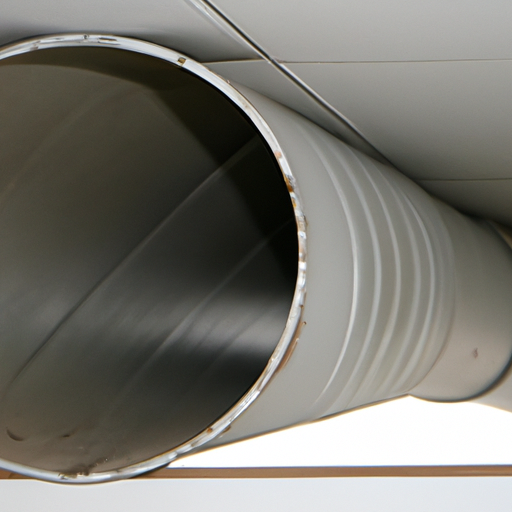
Single-wall heat tubes are an essential component in many heating systems, providing efficient heat transfer and distribution. These tubes are typically made of a variety of materials, each with its own unique properties and advantages. In this article, we will explore the different materials used in the construction of single-wall heat tubes and their respective benefits.

Another popular material for single-wall heat tubes is stainless steel. Stainless steel is known for its high strength and corrosion resistance, making it a reliable choice for heating applications. Stainless steel tubes are also easy to clean and maintain, ensuring optimal performance over time. Additionally, stainless steel is a versatile material that can withstand high temperatures, making it suitable for a wide range of heating systems.
In some cases, single-wall heat tubes are made of aluminum. Aluminum is a lightweight material that offers good heat conductivity, making it an efficient choice for heating applications. Aluminum tubes are also cost-effective and easy to install, making them a popular option for budget-conscious consumers. However, aluminum tubes may not be as durable as copper or stainless steel, so they may require more frequent maintenance and replacement.
In addition to these materials, single-wall heat tubes can also be made of brass or carbon steel. Brass is a durable and corrosion-resistant material that offers good heat transfer properties. Carbon steel is a strong and cost-effective option for heating applications, although it may be more prone to corrosion than other materials.
When choosing a material for single-wall heat tubes, it is important to consider the specific requirements of the heating system. Factors such as heat transfer efficiency, durability, and cost should all be taken into account when selecting the appropriate material. Additionally, it is important to ensure that the material is compatible with the other components of the heating system to prevent any issues or malfunctions.
In conclusion, single-wall heat tubes are an essential component in many heating systems, providing efficient heat transfer and distribution. These tubes are typically made of materials such as copper, stainless steel, aluminum, brass, or carbon steel, each with its own unique properties and advantages. By selecting the appropriate material for the specific requirements of the heating system, consumers can ensure optimal performance and longevity of their single-wall heat tubes.


